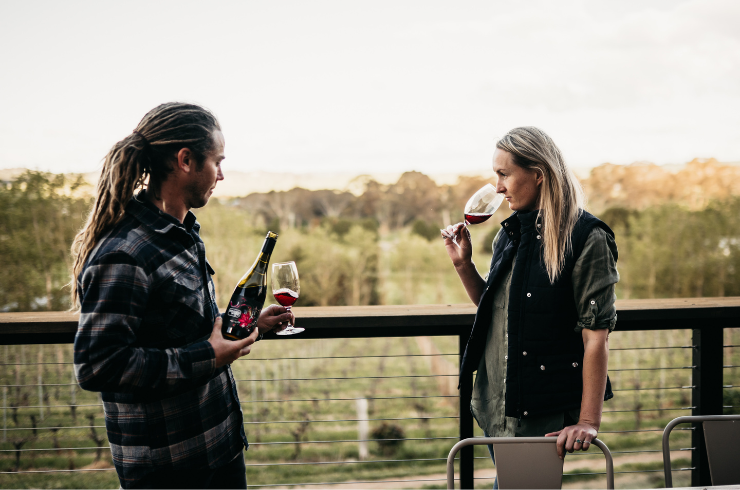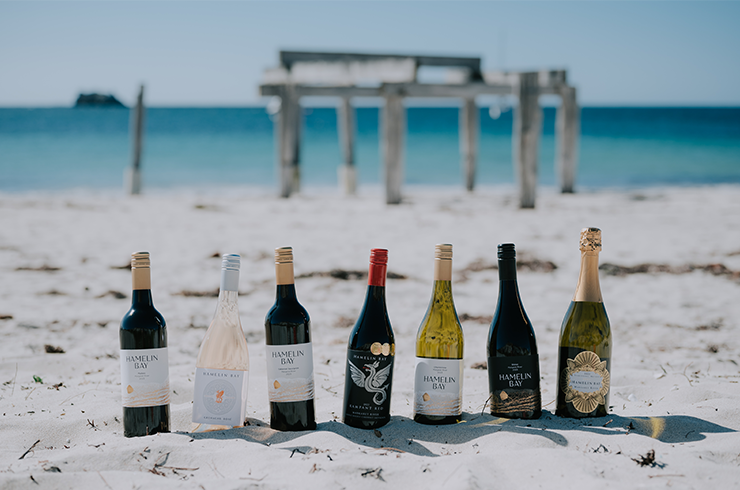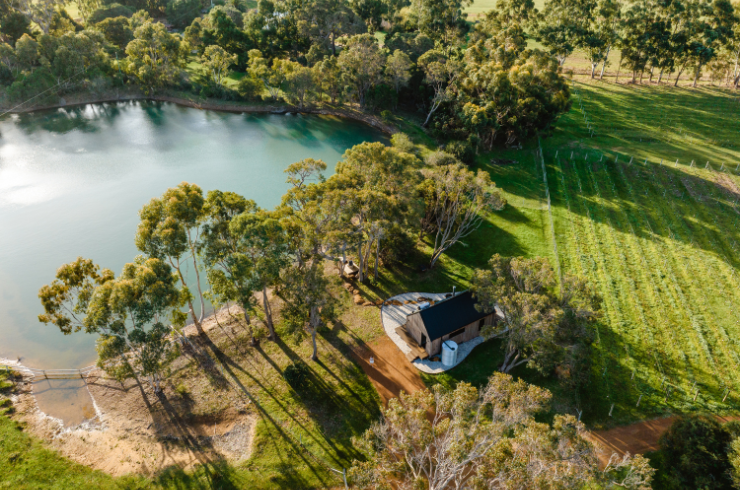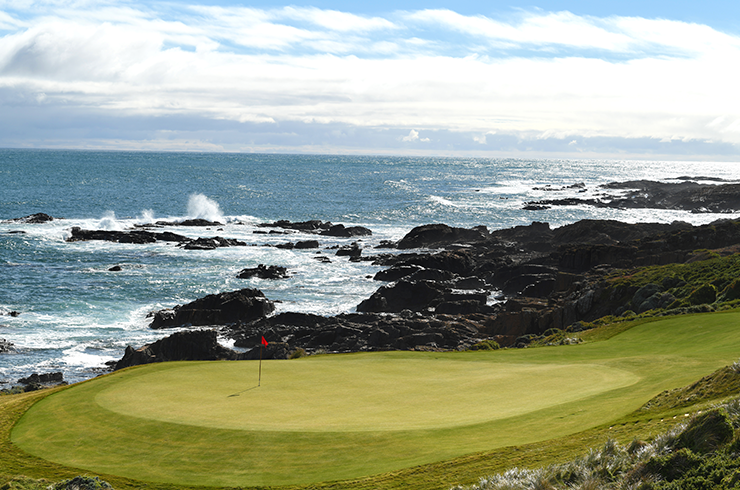Food and Wine Pairing Guide
When it comes to pairing food and wine, it's important to think of it as more of an art than an exact science. The food and wine matching ‘rules’ aren’t hard and fast, but there are some general guidelines that will provide you with a good foundation to riff off and find with your own, idiosyncratic approach.
It might seem simple to say, but the best wine pairings are the ones that you enjoy. So if that means washing down a steak with chardonnay, lobster with riesling, or a block of chocolate with a bottle of pinot noir, then that’s perfectly okay (read more about chocolate and wine pairing).
All of that said, if you want to get technical about food and wine pairing you can. Sommeliers have the skills to guide you in restaurants and with this list of quick tips, you can bring that expert know-how home.
But remember, the key is to have fun – pairing food with wine doesn’t have to be a head spin. Do you love the combination you’ve come up with? Does the food taste good and the wine have you reaching for more? If you answered ‘yes’ to either of those questions, then you’re on the right track.
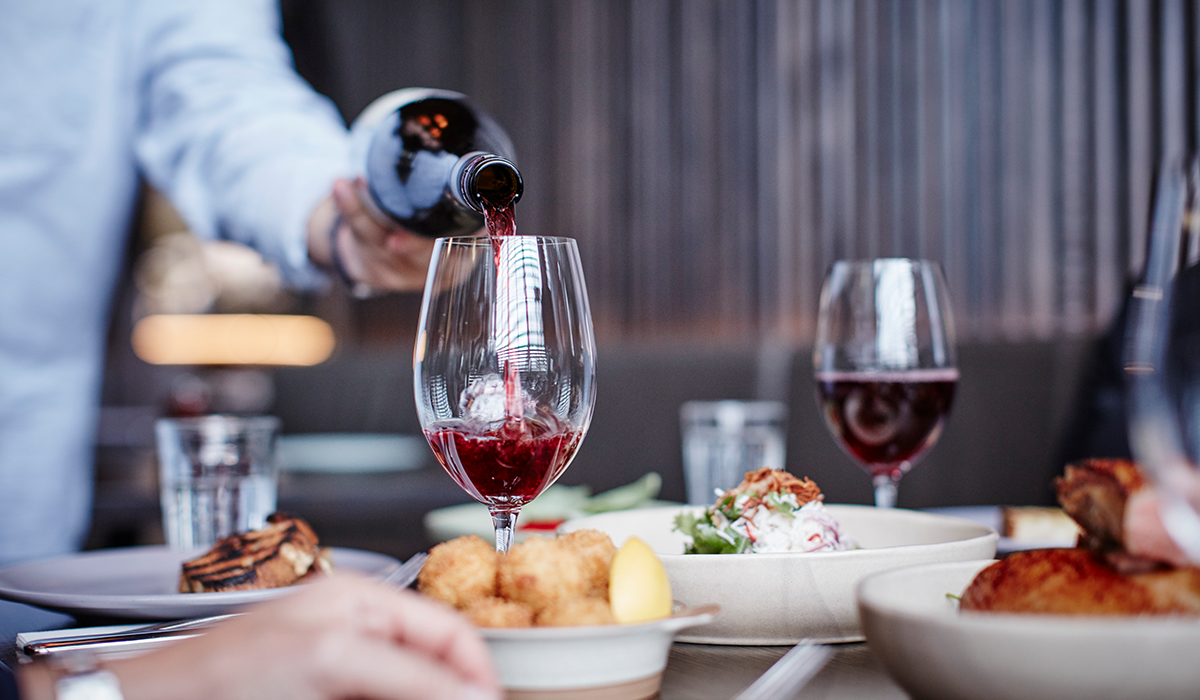
Here are our three guiding rules when it comes to matching food and wine:
1. Try to match the weight of the wine with the weight of the food
Weight in wine refers to how the combined alcohol, extract, sugar, acid, flavour and texture can create a sense of ‘bigness’. This can be interpreted as body – as in light, medium or heavy.
Weight in food takes into account the main ingredients and the methods used to cook the food.
2. Take into account wine structure
Structure is the sum of acid, sugar, tannin and alcohol, and all can have a significant impact on the ideal food match. Wine that is high in acid matches well with food that has high acidity, and will cut through oil, butter and natural fats.
3. Learn how to use bridging ingredients
Bridging ingredients are those particular ingredients that help 'build a bridge' between your wine and the meal you're eating. Great examples of bridging ingredients are: mushrooms, nuts, herbs, beans and legumes, cheese, cured meats, and olives.
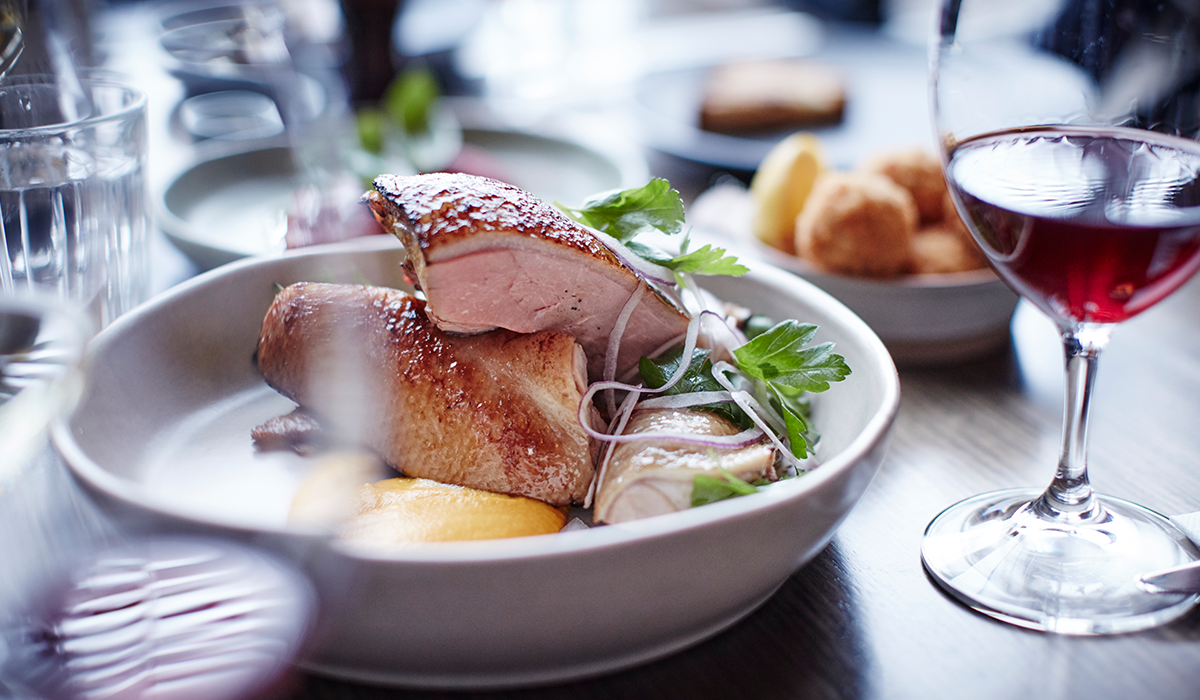
How to pair food and wine with Liebherr
When selecting wine to pair with food, remember that while aroma of a wine is important, ultimately it's the taste where harmony between food and wine should be found. Liebherr recommends aiming to match the characters and intensity of the flavour of the wine with the dish. Similar flavours found in the wine and the food will complement each other. For example, a spicy shiraz works wonderfully with steak in pepper sauce, and a wine with citrus flavours – such as pinot gris – will pair with a grilled fish with lemon.Below are some of James Halliday's favourite food and wine pairings.
How to match food and wine
by James Halliday| Spring | |
|---|---|
| Sparkling Oysters, cold crustacea, tapas, any cold hors d'oeuvres |
Rosé Caesar salad, trout mousse |
| Young riesling Cold salads, sashimi |
Young pinot noir Seared kangaroo fillet, grilled quail |
| Gewürztraminer Asian |
Merlot Pastrami, warm smoked chicken |
| Young semillon Antipasto, vegetable terrine |
Young medium-bodied cabernet sauvignon Rack of baby lamb |
| Pinot gris, colombard Crab cakes, whitebait |
Light- To medium-bodied cool-climate shiraz Rare eye fillet of beef |
| Verdelho, chenin blanc Cold smoked chicken, gravlax |
Young botrytised wines Fresh fruits, cake |
| Mature chardonnay Grilled chicken, chicken pasta, turkey, pheasant |
|
| Summer | |
|---|---|
| Chilled fino Cold consommé |
Young light-bodied pinot noir Grilled salmon |
| 2–3-year-old semillon Gazpacho |
Aged pinot noir (5+ years) Coq au vin, wild duck |
| 2–3-year-old riesling Seared tuna |
Young grenache/sangiovese Osso bucco |
| Young barrel-fermented semillon sauvignon blanc Seafood or vegetable tempura |
Mature chardonnay (5+ Years) Braised rabbit |
| Young off-dry riesling Prosciutto & melon/pear |
Hunter Valley shiraz (5–10 years) Beef spare ribs |
| Cool-climate chardonnay Abalone, lobster, Chinese-style prawns |
Merlot Saltimbocca, roast pheasant |
| 10-year-old semillon or riesling Braised pork neck |
Medium-bodied cabernet sauvignon (5 years) Barbecued butterfly leg of lamb |
| Mature chardonnay Smoked eel, smoked roe |
All wines Parmagiana |
| Off-dry rosé Chilled fresh fruit |
|
| Autumn | |
|---|---|
| Amontillado Warm consomme |
Aged pinot noir Grilled calf's liver, roast kid, lamb or pig's kidneys |
| Barrel-fermented mature whites Smoked roe, bouillabaisse |
Mature Margaret River cabernet merlot Lamb fillet, roast leg of lamb with garlic and herbs |
| Complex mature chardonnay Sweetbreads, brains |
Cool-climate merlot Lamb loin chops |
| Fully aged riesling Chargrilled eggplant, stuffed capsicum |
Mature Grenache/rhone Blends Moroccan lamb |
| Aged marsanne Seafood risotto, Lebanese |
Rich, full-bodied Heathcote shiraz Beef casserole |
| Southern Victorian pinot noir Peking duck |
Young muscat Plum pudding |
| Winter | |
|---|---|
| Dry oloroso sherry Full-flavoured hors d'oeuvres |
Mature pinot noir Mushroom ragout, ravioli |
| Sparkling Burgundy Borscht |
Mature merlot Pot au feu |
| Viognier Pea and ham soup |
10-year-old Heathcote shiraz Char-grilled rump steak |
| Aged (10+ Years) semillon Vichysoisse (hot) |
15–20-year-old full-bodied Barossa shiraz Venison, kangaroo fillet |
| Sauvignon blanc Coquilles St Jacques, pan-fried scallops |
Coonawarra cabernet sauvignon Braised lamb shanks/shoulder |
| Mature chardonnay Quiche Lorraine |
Muscat (Old) Chocolate-based desserts |
| Chardonnay (10+ Years) Cassoulet |
Tokay (Old) Creme brûlée |
| Mature semillon sauvignon blanc Seafood pasta |
Vintage port Dried fruits, salty cheese |
| Young Tasmanian pinot noir Squab, duck breast |
|
Next steps on your wine journey
Halliday Wine Academy: Fundamentals of Wine in-person education courseJoin Jane Faulkner in Melbourne and Mike Bennie in Sydney for our Fundamentals of Wine in-person course. Across one two-hour session each week for four weeks, Jane and Mike will guide you through course materials and a selection of highly rated wines. Find out more.
Halliday Wine Academy: Introduction to Wine online education course
Across eight modules, Halliday Wine Academy's Introduction to Wine course offers a detailed look at the Australian wine landscape. Learn about wine varietals, Australian wine regions, how wine is made, how to taste and describe wine, how to approach food and wine matches, along with handy tips that address common wine questions. Find out more.
Related article: Red wines for summer.
Image credit: Wine Australia/Ewen Bell.
